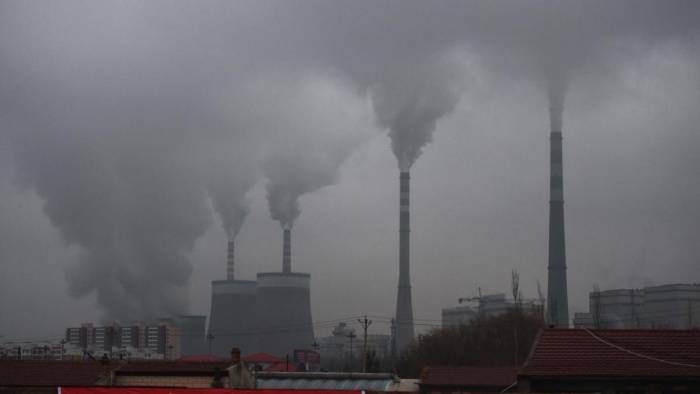G20 encouraged to drive better ecological, social contributing practices

The world’s greatest economies need to do more to guarantee ecological, social and administration related appraisals and ventures are powerful in the progress to a low-carbon economy, a report from the OECD on Monday said.
Dispatched in front of an October meeting of the G20, the report said while the drive to contribute utilizing ESG models could help global environment goals, “considerable challenges” should have been survived.
In particular, the report featured the wide assortment of ways to deal with surveying ESG issues, conflicting information and an absence of likeness between ESG rating techniques.
“These competing dynamics and challenges associated with ESG rating and investing could compromise market integrity, erode investor confidence, and mask the extent of environmental and climate-related impacts of investment decisions,” the report said.
“Ultimately, challenges could constrain the pace and scale of the capital allocation needed to achieve tangible progress to support long-term value and a transition to low-carbon economies.”
The report follows the launch of a conference by the Worldwide Association of Protections Commissions on ESG appraisals in July and comes in front of the following round of worldwide environment talks in November.
The OECD approached governments to guarantee worldwide straightforwardness, likeness and nature of center ESG measurements.
Explicitly on ecological appraisals, the report said evaluations suppliers seemed to put less weight on bad natural effects and more on corporate exposure of strategies and focuses, with little evaluation of their effect.
With appraisals suppliers regularly utilizing an enormous number of sub-classification scores, the OECD brought for more noteworthy lucidity over the importance of such scores, to more readily help financial backers.
Financial backers were likewise being kept down by issues including “deficient” information on net zero pathways, the absence of strategy lucidity in regards to carbon valuing and support for renewables and an absence of items and estimation devices to permit financial backers to adjust portfolios to explicit environment targets.
“Overall, greater international co-operation is needed to ensure that ESG and climate transition-related practices progress in a manner that ameliorates the current market fragmentation, and strengthens investor confidence and market integrity.”
Elijah Garcia was an American writer, editor, and literary critic. He is best known for his poetry and short stories, particularly his tales of mystery and suspense. He is generally considered the inventor of detective ficiton.
Disclaimer: The views, suggestions, and opinions expressed here are the sole responsibility of the experts. No Economy Circle journalist was involved in the writing and production of this article.

